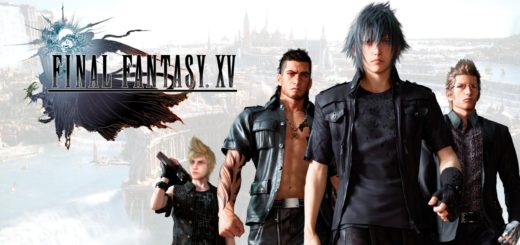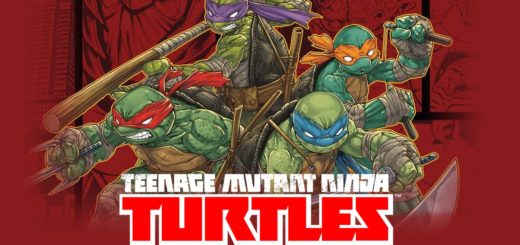MASS EFFECT: ANDROMEDA Review
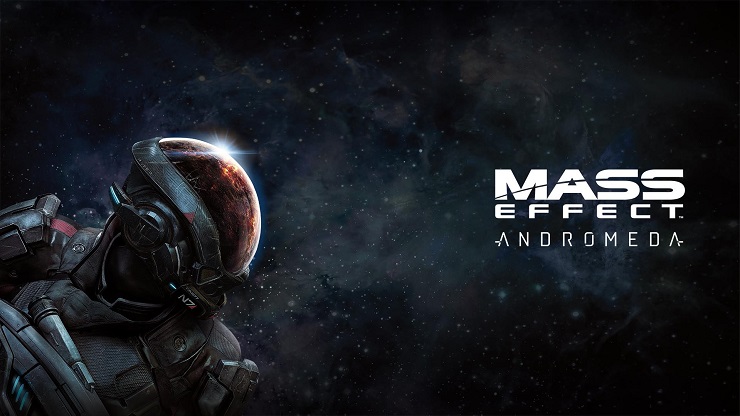
Despite how ambitious 2007’s MASS EFFECT was, the actual gameplay felt like an afterthought. It was Bioware’s masterful worldbuilding that defined and elevated what was, at its core, a mediocre shooter-RPG hybrid. By investing players in the Milky Way and its inhabitants instead of fussing over bread-and-butter mechanics, it created an immersive, cinematic, story-driven experience. MASS EFFECT 2 and 3 flipped the script a bit, refining gameplay through combat by emphasizing tactical cover and rapid use of fancy combat abilities, but sacrificing much of the flavor that made the original feel unique in favor of a far more streamlined narrative, eschewing the exploratory element that defined its predecessor. After all, now that a galaxy had been formed from the ground up, the sequels could simply build on the foundations already set in place. Would the much-hyped not-quite-sequel, MASS EFFECT: ANDROMEDA, likewise continue an upward trajectory for the hit series?
Despite being something of a new beginning for the franchise, ANDROMEDA doesn’t really stray too far from the norm. Set 600 years after the events of the original Mass Effect trilogy, players assume the role of either Scott or Sara Ryder, the human Pathfinder, a jack-of-all-trades explorer type tasked with finding a new home in the Heleus Cluster for society to flourish. In the time it takes for humankind’s ark, the Hyperion, to reach the new galaxy, the planets once presumed hospitable have fallen victim to a deadly galactic phenomenon called the Scourge, riddling the environments with intense radiation and harsh weather. To make matters worse, a race known as the Kett plagues settlers trying to establish colonies in these hostile environments. It’s a lot to digest, let alone start with, and more often than not ANDROMEDA struggles to integrate the freedom to explore with the game’s linear story. In that regard, it doesn’t really do the open world thing quite as well as BREATH OF THE WILD (a lofty standard to be sure) or even HORIZON: ZERO DAWN.
In spite of it being overshadowed by recent releases with similar concepts, there is still quite a bit to see here, with a bounty of content in side quests alone. The game is padded out by a lot of the all-too-familiar fetch quests, but there are some unique bits, including character-driven endeavors reminiscent of MASS EFFECT 2’s loyalty missions and some new surprises (seriously, the movie night quest chain is brilliant). Crafting is a first for the series, enabling customization and creation of new weapons and armor by gathering minerals and materials during excursions. The new scanner system allows players to detect new technology or wildlife to add to the in-game codex, bringing some much-needed world building detail to humanity’s new homes and earning R&D points for the aforementioned crafting. Perhaps the most important segments of the optional content, however, are the Remnant Vaults, huge monolithic structures capable of reversing the Scourge’s effects and terraforming entire planets. The Vaults are super cool dungeons that stretch deep underground, brimming with ancient tech and sweet loot, but getting into them requires completing numerous sudoku-like puzzles that significantly break up the feverish action of running around and shooting at stuff. There are decryption keys that help bypass the need to solve the puzzles, but they’re so expensive and rarely available that it doesn’t make much sense to waste precious credits on the ability to open just a few vaults. It all feels grotesquely out of place in such a fast-paced game, and I ultimately couldn’t continue to justify the torture of having to think out a solution or shell out hard-earned money for a key.
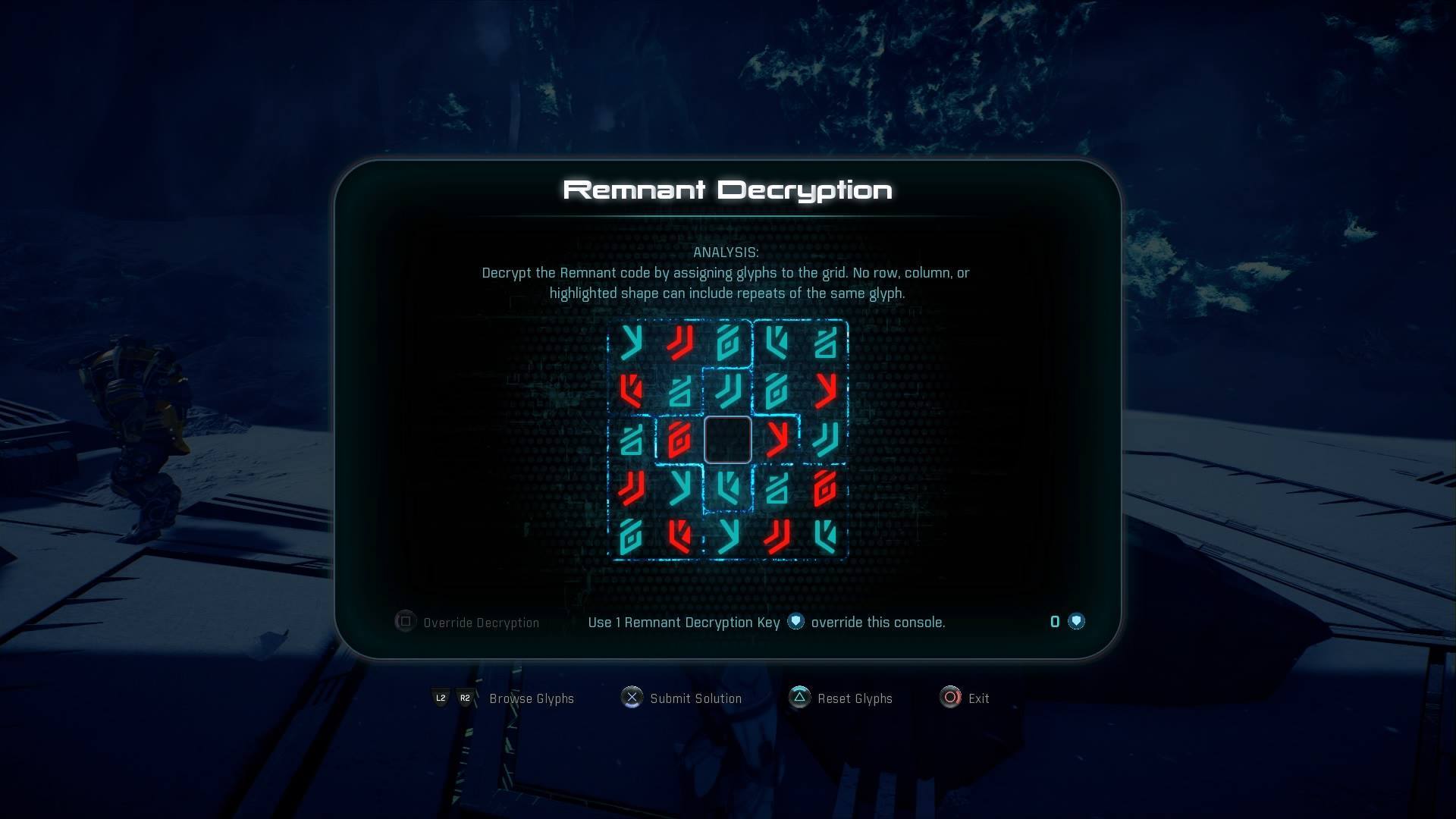
Pretty sure the glyphs read “Kill me now” over and over
Image Source: Screenshot
What ANDROMEDA lacks in its story concepts and pacing, though, it makes up for in its diverse characters and playful dialogue. The Tempest crew radiates with its own special charm, from the reliable-but-brash Liam to the battle-hardened Heleus native Jaal, and the group has some real chemistry in cutscenes and during expeditions. Party members often chat while traversing the somewhat barren overworlds, fleshing out the main crew’s relationship in a casual, organic fashion. It’s worth it to experiment with different squadmates just to hear all the goofy stuff they have to say to one another. It’s clear that the writers enjoyed themselves with a number of silly scenes peppered throughout a pretty cliched storyline. There’s even a Star Wars reference or two thrown in that shows that the writing team wanted to keep it light-hearted, and the borderline zany scenes were one of few things that kept me clamoring for more.
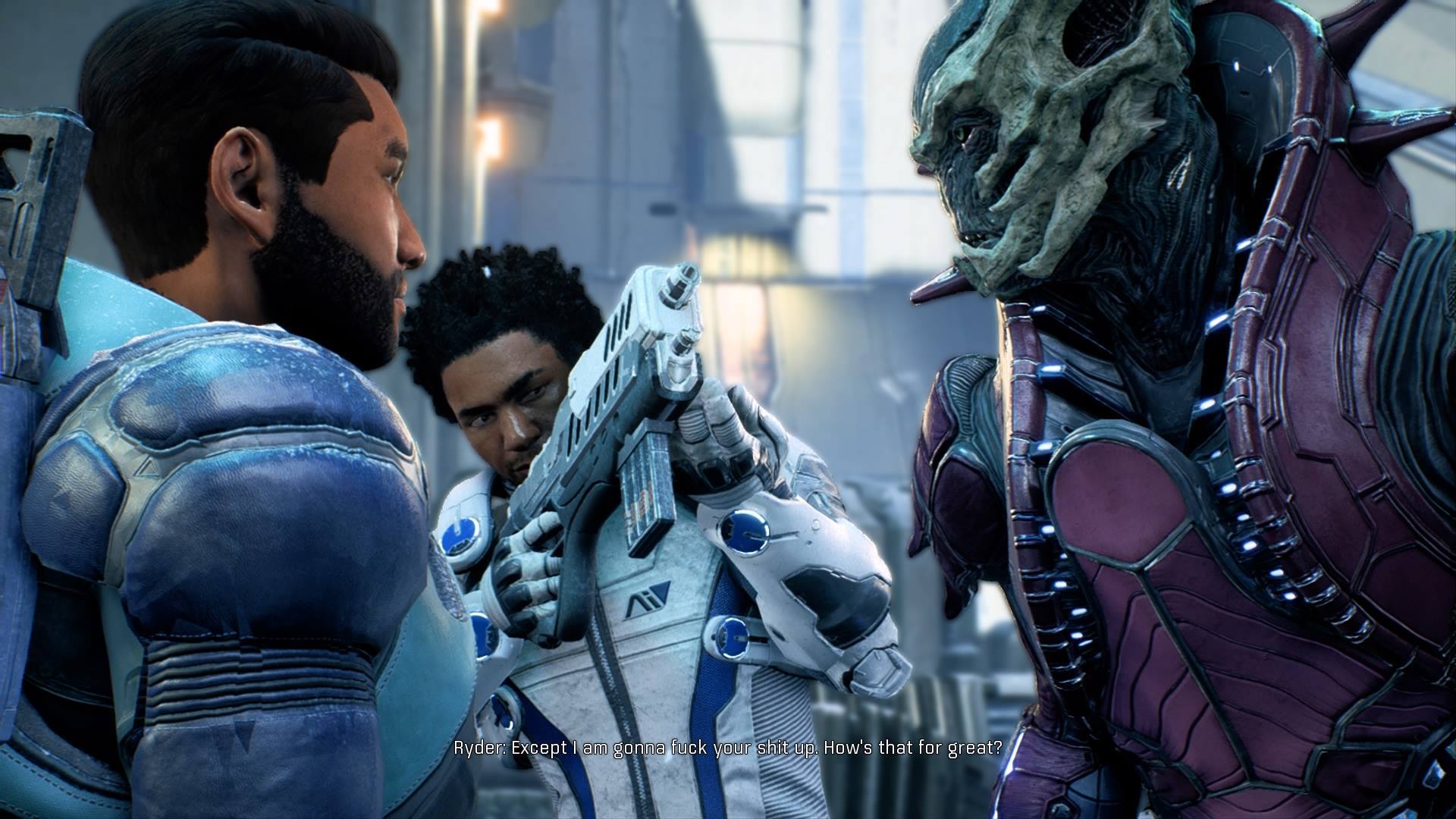
Good to see the tried and true American tradition of fucking shit up live on across galaxies
Image Source: Screenshot
The wacky bits aren’t all intentional, unfortunately. There are plenty of bugs scattered throughout the game, like enemies spawning in mid-air or stuck in terrain, and although there’s definitely no way that QA could have handled every such glitch or gaffe in an expansive game like ANDROMEDA, it still reeks of a rushed job. As has been well-publicized by this point, the game’s most egregious faults are the laughable character animations and facial tracking, many of which are on full display for anyone who’s curious. Honestly, I would’ve found them more valuable if I hadn’t spent $60 expecting something else. They really are the weakest part of the whole experience, even though I was able to turn things around by riffing on the worst offenders a la MYSTERY SCIENCE THEATER 3000 (except infinitely less funny). Yet while LIFE IS STRANGE’s often laughable lip-sync complemented the quasi-satirical atmosphere, ANDROMEDA really wants to be a worthy space opera. It feels strange to make excuses for what was certainly earnest work, but looking at it any other way almost seems like validating the animation team for shoddy workmanship or accepting that taking a step back from MASS EFFECT 3 technologically was somehow a good thing, when it clearly wasn’t.
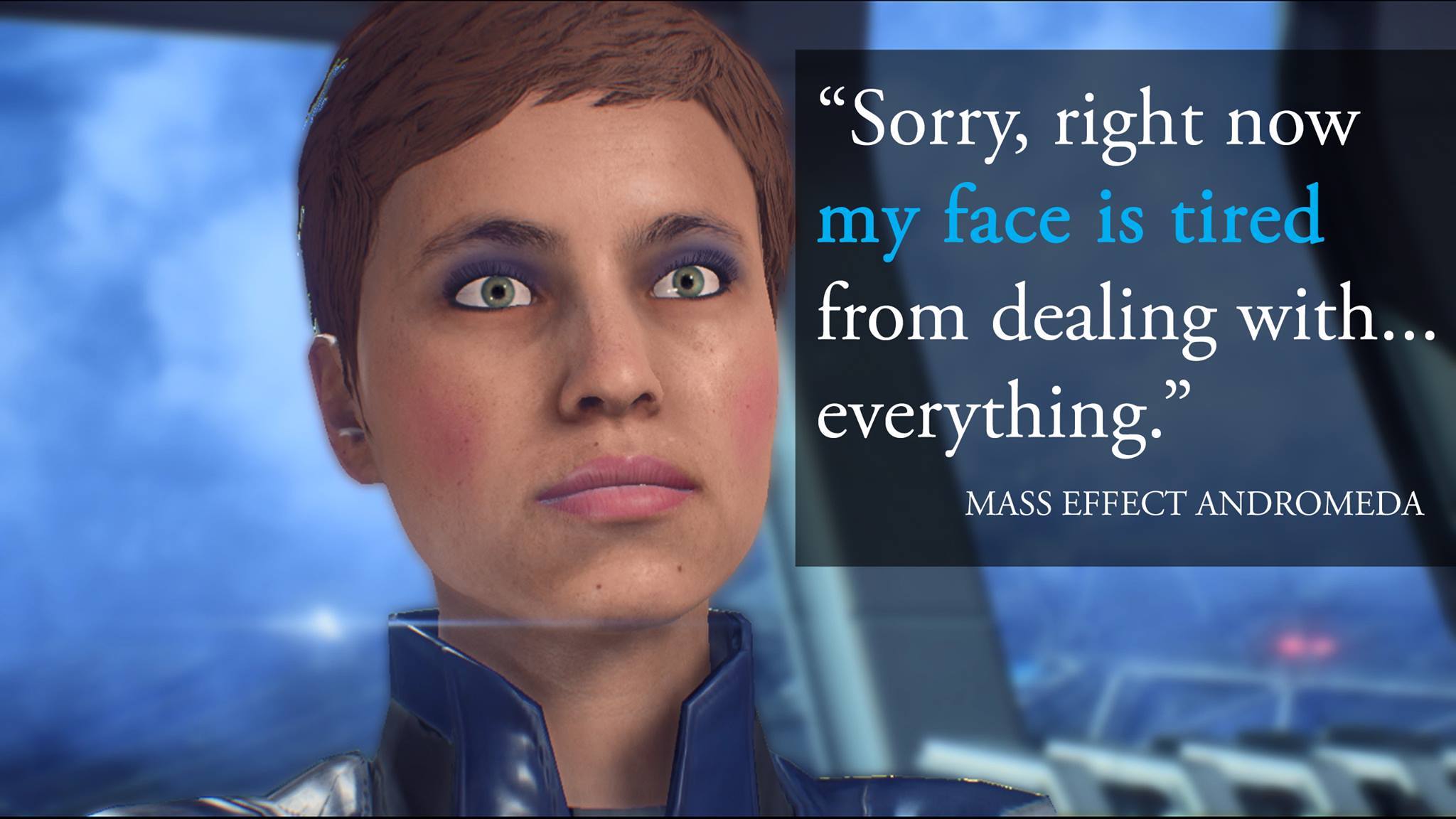
I have the same look on my face when I see ice cream across the room
Where ANDROMEDA most clearly improves upon the rest of the franchise is in its visceral, fluid combat. Bioware really struck a successful balance between tight, over-the-shoulder shooter gunplay and the powerful, satisfying-to-use abilities from earlier titles, and ANDROMEDA takes it a step further by adding jumps and dashes into the mix. While not revolutionary by any means, battles largely benefit from the new maneuvers, encouraging players to zip around the battlefield slinging their bullets and skills to wipe out their enemies in style. Ryder is bestowed with a plethora of customization options, and unlike previous installments, choosing a character class is never permanent; every power is accessible at all times, and with such a large array of skills and weapons to choose from, it’s hard to imagine players growing weary of being confined to the same style of gameplay. All in all, it’s significantly compelling for gamers seeking an in-depth approach to frenetic action with flashy techniques, and easily one of the best things the game has going for it.
The fast, tactical approach carries over into its equally-entertaining multiplayer offering, which is essentially a retooling of MASS EFFECT 3’s online mode with the new abilities and enemies of the Heleus Cluster tacked on. It even retains the loot box system from the previous installment, which allowed players to unlock random new weapons and characters specifically for multiplayer via in-game credits or microtransactions. It seems reasonably easy to acquire credits for loot boxes early on, making it entirely possible to never spend the extra dollars, but the higher difficulty tiers require some luck in acquiring strong enough weapons or characters to beat them. Also similarly to ME3’s co-op venture, which loosely benefited the single-player campaign, it is possible to gather resources and loot for Ryder by completing multiplayer missions. The overlay here isn’t especially motivating by any means, but it was nice to gain rewards for playing what is essentially just a distraction from the main game.
For an AAA title, a supposed paragon of the current generation of gaming, there sure are a lot of technical glitches and design misfires in ANDROMEDA that can possibly detract from what I’d otherwise consider an amazing experience. Yet, despite the disappointment that I found lurking in the game’s already oft-maligned animations and numerous quality oversights, it still delivers significant entertainment value, intentional or otherwise. The combat alone carries players for long stretches of single or multi play, and the dialogue is worth sifting through most of the game for, so I felt pretty satisfied once I cleaned up the last bits of the campaign. Considering all the hype leading up to its release and the massive cost of development, though, it unfortunately doesn’t really do enough to perpetuate the trend of growth set by the original trilogy. It feels like the mac and cheese of gaming—a predictable comfort that doesn’t try too hard to innovate, relying instead on heat-and-serve nostalgia and what has already been proven to work—but I’m alright with that comfort now and again.
Verdict: Recommend
Reviewed on Playstation 4. Also available on Xbox One and PC

